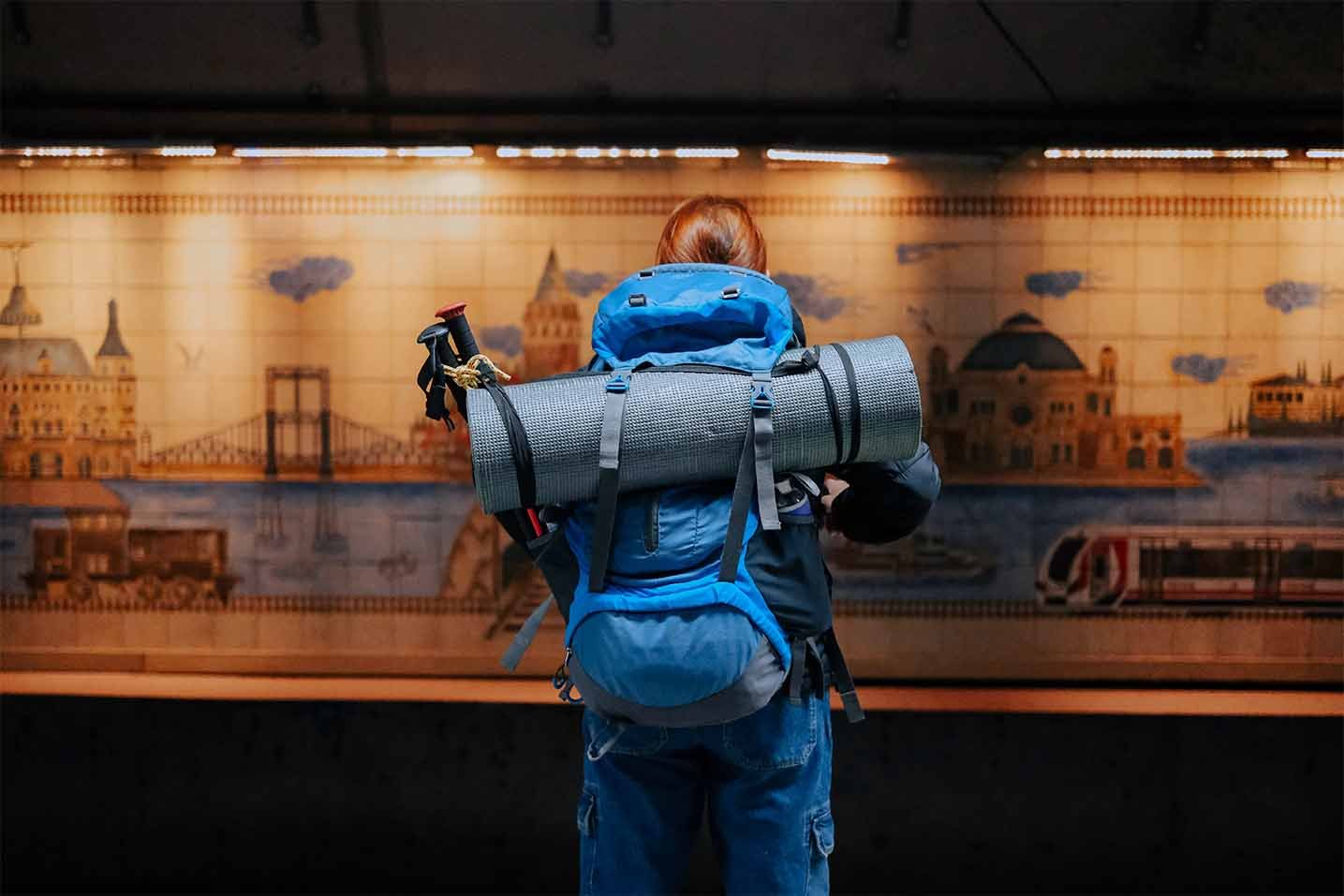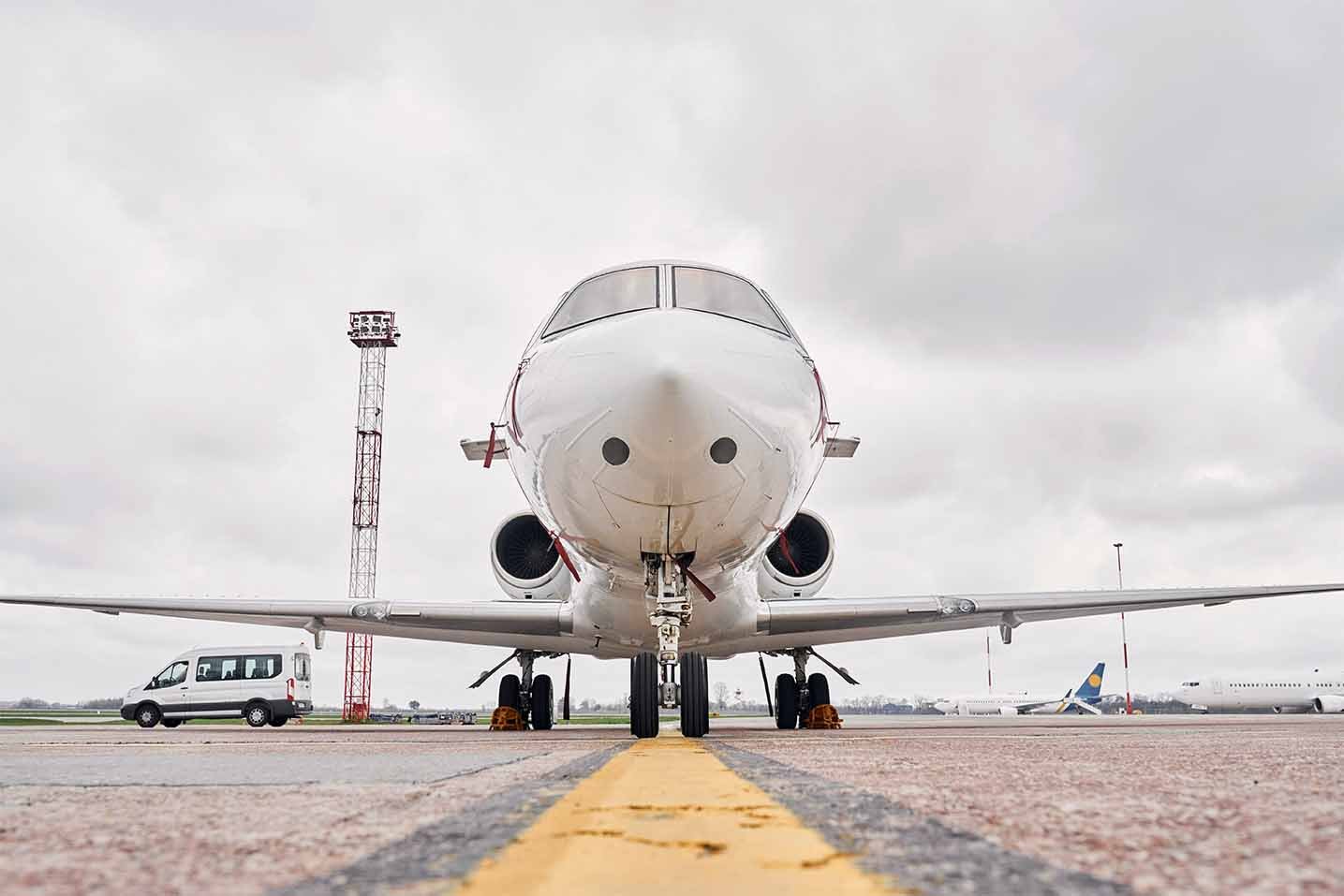How to Travel the World on a Budget
Traveling the world might sound expensive, but with the right strategies, it can be surprisingly affordable. Many people dream of exploring distant lands and immersing themselves in new cultures, but they assume it requires a fortune. In reality, with proper planning and smart decisions, anyone can travel the globe without breaking the bank. This guide will show you how to travel the world on a budget, offering practical tips and inspiration for making your travel dreams come true.
1. Set a Travel Budget and Stick to It

The first step in traveling on a budget is determining how much you can afford to spend. Create a detailed budget that includes accommodation, food, transportation, and activities. Tracking your expenses is key to staying within your limits. Additionally, setting a daily spending limit for each destination will help you manage your funds more effectively. There are several budgeting apps, like Trail Wallet or TravelSpend, that make tracking your travel costs easier. Sticking to your budget ensures that you can enjoy your trip without financial stress.
2. Choose Affordable Destinations

The cost of traveling varies greatly depending on the country you visit. Some destinations, like Western Europe or Japan, can be expensive, while others, such as Southeast Asia, Eastern Europe, and Central America, are much more budget-friendly. Opting for destinations where your money goes further can significantly reduce your expenses. For example, in countries like Thailand or Guatemala, you can enjoy comfortable accommodations, delicious food, and exciting activities for a fraction of what it would cost in more expensive regions. Always research the average costs in each country before planning your trip.
3. Travel During Off-Peak Seasons

One of the best ways to save money while traveling is by avoiding peak tourist seasons. Traveling during the shoulder seasons—just before or after the peak months—can save you a lot of money. Flights, accommodations, and tours are often cheaper during these times, and you’ll also avoid the crowds. For instance, visiting Europe in the fall or spring can offer pleasant weather and significantly lower prices compared to the summer months. Not only will you save money, but you’ll also have a more relaxed experience with fewer tourists around.
4. Find Cheap Flights and Transportation

Transportation is often one of the biggest travel expenses, but there are several ways to find affordable flights. Start by using flight comparison websites like Skyscanner, Google Flights, or Momondo to find the best deals. Additionally, budget airlines such as Ryanair, EasyJet, or AirAsia offer low-cost flights to many destinations. Being flexible with your travel dates and avoiding weekends can help you score cheaper flights. For longer trips, consider using buses, trains, or carpooling services like BlaBlaCar, which are often more affordable than flying.
5. Use Budget Accommodation Options
Accommodation is another major travel expense, but there are plenty of ways to save. Instead of staying in expensive hotels, opt for budget-friendly alternatives like hostels, guesthouses, or Airbnb. Many hostels offer private rooms in addition to dorms, providing comfort at a lower cost. Couchsurfing is another option, allowing you to stay with locals for free and offering a chance to experience the local culture firsthand. If you’re staying in one place for an extended period, consider house-sitting or working in exchange for accommodation, which can dramatically reduce your costs.
6. Save on Food Costs
Eating out every day can quickly drain your budget, but there are several ways to save on food. First, shop at local markets or grocery stores and prepare your meals whenever possible. Many hostels and guesthouses provide kitchen facilities, allowing you to cook your own food. When eating out, opt for local street food or small eateries, which are often cheaper and just as delicious as restaurants. In places like Southeast Asia or Mexico, street food is not only affordable but also offers a chance to try authentic local dishes.
7. Take Advantage of Free and Low-Cost Activities
You don’t need to spend a lot of money to enjoy amazing experiences while traveling. Many cities offer free walking tours, allowing you to explore the local culture and history with the help of a knowledgeable guide. Additionally, national parks, beaches, and outdoor markets are often free to visit. Research free events, museums with discounted admission days, and public festivals in the areas you’re visiting. Hiking, sightseeing, and connecting with locals are all free ways to experience the world without spending a fortune.
8. Work or Volunteer While Traveling
One of the best ways to extend your travel time without spending a lot of money is by working or volunteering while abroad. Many travelers find jobs teaching English, working in hostels, or doing freelance work online. Websites like Workaway and WWOOF (World Wide Opportunities on Organic Farms) offer opportunities to work in exchange for accommodation and meals. This not only helps you save money but also provides a deeper, more immersive travel experience by connecting you with local communities.
9. Be Flexible and Spontaneous
Flexibility is one of the key factors in traveling on a budget. By keeping your plans flexible, you can take advantage of last-minute deals or cheaper accommodations that might not be available if you book in advance. For instance, waiting until you arrive at a destination to find a place to stay can sometimes lead to better prices than booking online. Additionally, staying open to changing your itinerary based on budget-friendly opportunities that arise can make your travels more affordable and exciting.
Conclusion
Traveling the world on a budget is not only possible, but it can also be incredibly rewarding. By choosing affordable destinations, finding cheap flights, and staying in budget accommodations, you can explore the globe without breaking the bank. With careful planning, flexibility, and an adventurous spirit, your travel dreams can become a reality. Remember, it’s not about how much you spend—it’s about the experiences and memories you create along the way.
